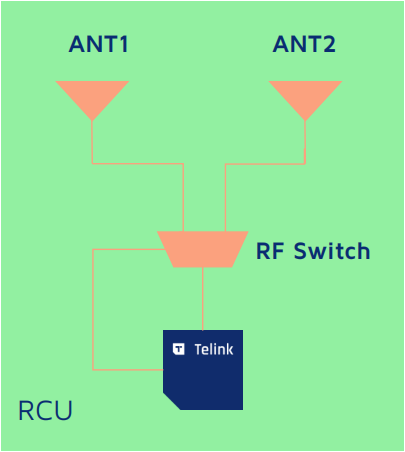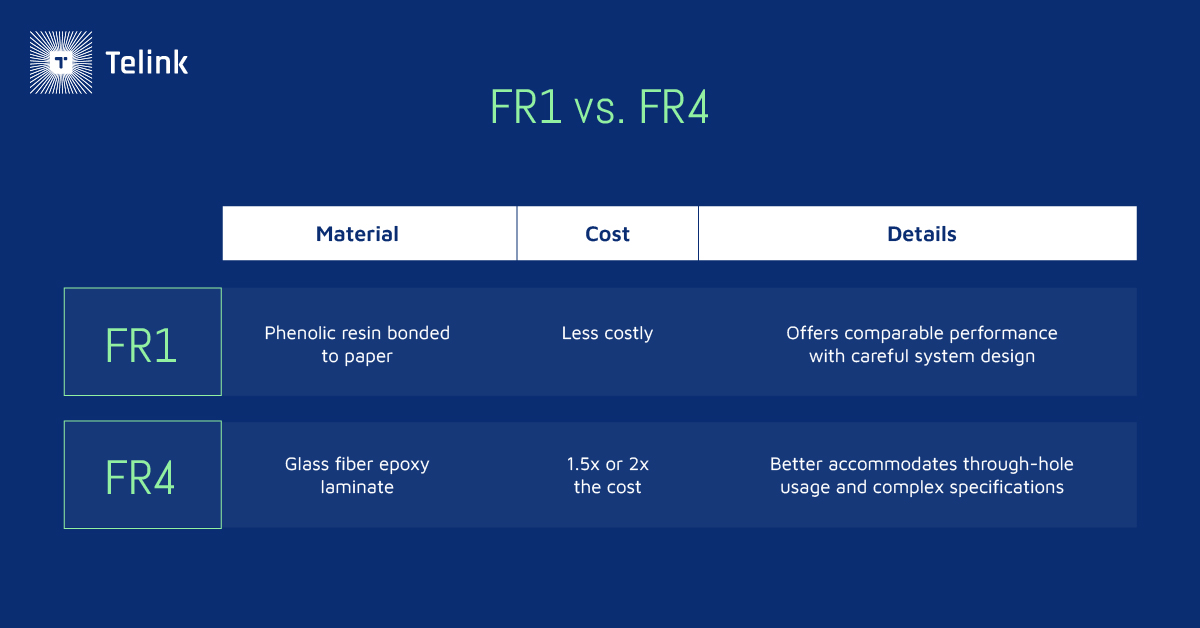Remote Control Solution
Introduction
Telink chips power remotes for some of the largest smart TV, set-top box, and OTT box manufacturers in the world. Telink have developed multimode solutions that deliver exceptional performance and unparalleled flexibility at an unbeatable price point.
Telink’s Flexible Remote Control Product Offering
Part Number |
Function | SRAM | FLASH | GPIO | Voice | FR1 1L PCB BOM Optimization |
Status |
|---|---|---|---|---|---|---|---|
| TLSR9223A | Bluetooth® LE + RF4CE | 128K | 1MB | 26 | Y | Y | ES |
| TLSR9515A | Bluetooth® Dual-mode + RF4CE | 256K | 1MB | 15 | Y | Y* | MP |
| TLSR8273F512ET48 | Bluetooth® LE + RF4CE | 64K | 512K | 32 | Y | Y | MP |
| TLSR8270F512ET48 | Bluetooth® LE-only | 32K | 512K | 32 | Y | Y | MP |
| TLSR8271F512ET32 | Bluetooth® LE-only | 32K | 512K | 19 | Y | Y | MP |
Telink’s multi-standard ultra-low-power IC features flexible configuration variations that are tailored to meet the diverse requirements of clients’ remote control products in a cost-effective way. These variations offer different options for supported protocols, memory size, and number of GPIOs, and BOM cost.
Clients who are looking for simple Bluetooth LE-only RCU solutions may choose 8270/8271 chip. Those who want their products to be compatible with multiple protocols may choose the more advanced 8273, 9515, 9223 chips.
With a Bluetooth dual-mode radio, the TLSR951x series support Private Listening (audio streaming) via Bluetooth Classic or Bluetooth LE. (*Some package of TLSR9 support FR1 single-layer PCB. )
Telink Supports Robust Connection with Dual-antenna Design
Robust Connection with Dual-antenna Design
Provides enhanced RF performance for RCU usage in complex environment
- Small non-line-of-sight OTT boxes
- Behind TV streaming sticks
A switching scheme is designed to allow per-packet antenna switching to achieve maximum flexibility and robustness

BOM Savings
Telink chips minimize total system costs for remote controls, especially it’s compatible with single layer FR1 PCBs.
- Improved RF design leads to better interference tolerance, which is critical for FR1 PCBs
- Corner ground pins make layout for single-layer PCBs much easier
- Single-layer PCBs can be an option depending on the actual form factor of the RCU product

Simultaneous Support for Bluetooth LE and RF4CE
Since day one, Telink has been leading the change on IoT connectivity technology innovations that continuously enhance the user experience. Telink’s first-of-their-kind multimode chips support multiple modes of RCU operation — Bluetooth LE, RF4CE, 2.4Ghz, and IR — serving as the foundation of universal remote controls for all types of TVs, set-top boxes, and OTT boxes. Our products offer simultaneous support for Bluetooth LE and RF4CE stacks in two modes:
Manual switch mode
- Independent application states between Bluetooth LE and RF4CE.
- External triggers such as special key combinations can be used to switch between the two protocols.
Automatic switch mode
- RCUs are shipped from the factory with built-in support for both Bluetooth LE and RF4CE.
- When powered up, RCUs automatically search for either a Bluetooth LE or an RF4CE device to pair with.
Innovation
Telink partners with industry leaders to provide RCU solutions featuring local voice recognition:
- Allows for near and far field local voice control without the need to access the cloud.
- Contact us to learn more about the solution.
Telink supports innovative application cases like private listening via remote control:
- Bluetooth dual mode – Classic and LE audio (Broadcast Isochronous Stream).
- Contact us to learn more about the solution*. (Current solution based on Bluetooth Classic. Bluetooth LE audio will be FW-upgradable and provides future proof when host is ready.)
Telink combines Energy Harvesting with RCUs to meet demand for environmentally conscious customers:
- World-class energy harvesting IC partners.
- Holistic solution for energy autonomy.
- Provides both multi-chip reference as well as single module product.
Quick Guides to Telink’s Remote Control Solutions
→ Generic Bluetooth® LE RCU Solution
→ Always-On Local Voice RCU Solution
→ Google Android TV Reference RCU Platform
→ RF4CE RCU Solution
→ Bluetooth LE + RF4CE Dual-mode RCU Solution
- It uses two independent SDKs, which are programmed in different areas of the flash of the IC chip, and the corresponding wireless protocol is started up by configuring the bootloader and then pressing different keys.